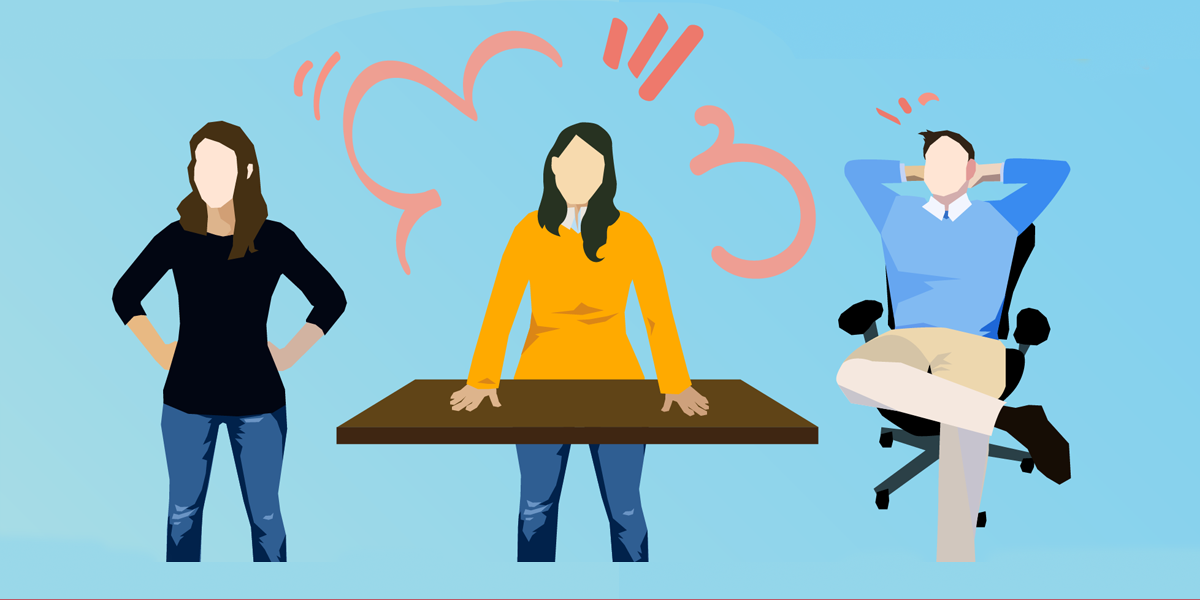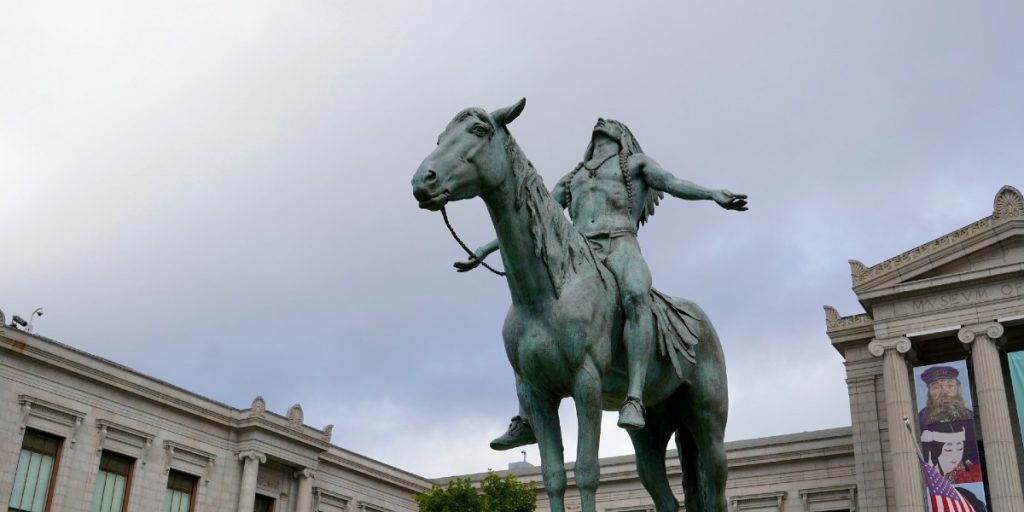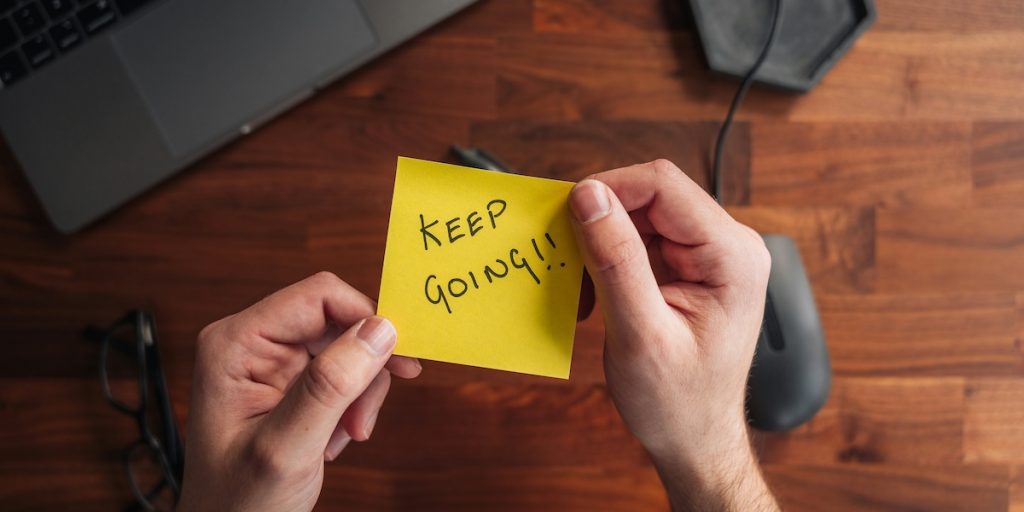Amy Cuddy, a social psychologist at Harvard Business School, is the brain behind “power posing.” Her research found that standing or sitting in certain “power poses” — stances that make the body bigger and project strength or confidence — actually can make you feel stronger and more confident, even in situations where you’re primed to feel insecure. Those poses, Cuddy found, work because they encourage our bodies to release chemicals that lift our moods and prime us for success. Power poses don’t just help you “fake it until you make it,” Cuddy says — they actually help you become more self-assured.
A TED talk based on Cuddy’s research catapulted her to global success; her first book, Presence, about the science behind power posing, is due out at the end of 2015. In the meantime, here are seven simple power poses you can try at home, at work or anywhere else you need a quick shot of self-esteem. Power posing is all about finding what works for you depending on your position and the situation at hand, so feel free to experiment until you come across the perfect pose for you.
- “The Wonder Woman”
This power pose is arguably the most famous of the lot. Put your hands on your hips and stand with your legs in a Linda Carter-like stride. You’ll be ready to lasso away the day’s challenges in no time. Hold for two to three minutes. - “The Victory Pose”
Keep your legs in a Wonder Woman stride, but lift your arms in the air to create a V with your body, like you’ve just won a race. Hold for two to three minutes. - “The Stand”
Not all power poses need to be complicated. There’s a reason people giving speeches tend to stand up — it’s an easy way to appear more authoritative, and actually feel that way, too. - “The Table Topper”
If you’re talking with a colleague much taller than you, make up for the height difference by leaning over the table, using your arms for support. This pose helps compensate for being the shorter person by taking up more real estate in the room. - “The Lean Out”
We’ve been told that during a conversation physically “leaning in” is a way to convey interest. But if you’re in a situation where you need to convey power, like interviewing a job candidate or appearing on a panel, leaning back in your chair can help you look less anxious and more in control of the situation. - “The Feet-on-Desk”
Here’s another counterintuitive power pose. We’ve all been told it’s rude to put our feet on furniture, but putting your shoes on your desk and hands behind your head makes you look confident and in-charge. This is a tricky power pose to pull off — and won’t work if you’re negotiating with your boss for a raise — but it’s perfect for situations where no one will see you, like taking a phone call. - “The Big Chill”
Power poses aren’t just for meetings and conference calls. You can also increase your confidence when you relax. Next time you’re lounging on a couch or a chair, don’t be afraid to take up as much space as you want. Curling your body into a ball or under a blanket can reinforce feelings of low self-esteem or sadness by making you feel physically smaller.
In summary:






























